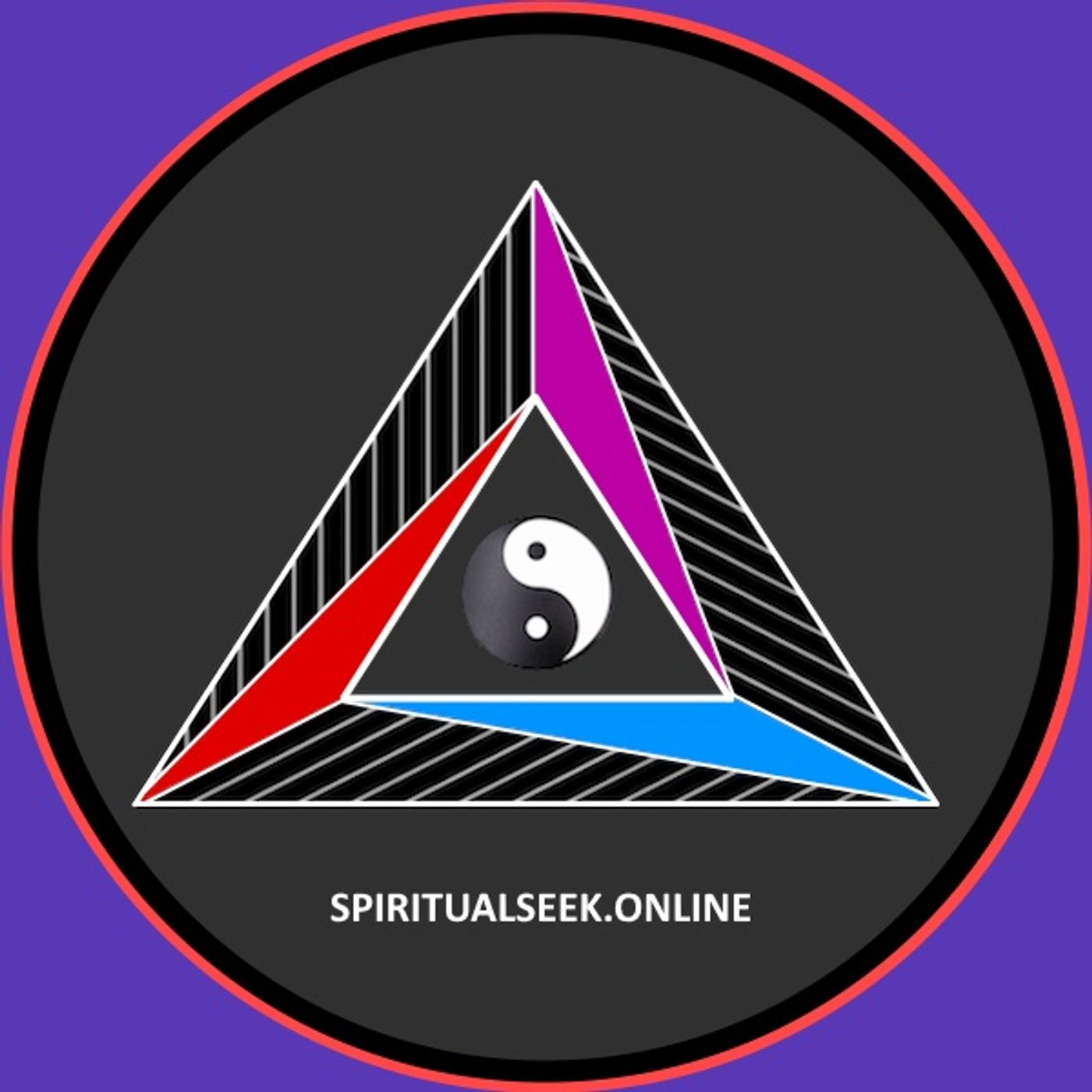The Spiritual Seek: Physical Ailments and Their Connection With the Spiritual Component
Update: 2024-12-21
Description
https://spiritualseek.online/blog/physical-ailments-and-their-connection-with-the-spiritual-component/
------------
The relationship between physical health and spiritual well-being has been a topic of profound interest across cultures, philosophies, and medical traditions. While modern medicine often focuses on treating symptoms at the physical level, many ancient traditions and contemporary holistic approaches recognize that the body, mind, soul, and spirit are deeply interconnected. Physical ailments are sometimes seen as manifestations of deeper spiritual or emotional imbalances—signals from the soul that something within us requires attention, healing, or transformation. This article explores how the soul may express its needs through suffering in both physical and mental forms, examines specific physical issues linked to spiritual shortcomings, and draws connections to spiritual teachings across various traditions.
How the Soul Manifests Its Needs Through Suffering
The human being is not merely a biological organism but a composite of body, mind, soul, and spirit. When one aspect of this quartet is neglected or out of harmony, it can ripple into other areas. In this framework, physical suffering can be understood as a form of communication, a way for the soul to draw attention to unresolved inner conflicts or unmet spiritual needs. This perspective suggests that illness or discomfort is not purely random but often carries meaning, acting as a symbolic language through which the soul speaks.
Philosophically speaking, suffering often serves as a catalyst for growth and transformation. Carl Jung once remarked that “there is no coming to consciousness without pain”. From this perspective, physical ailments may act as metaphors for deeper issues within our psyche or spirit. For example:
From a spiritual standpoint, suffering can also be seen as part of the human journey toward self-realization. Many traditions teach that pain and hardship are opportunities for growth—moments when we are called to confront our shadows and transcend limiting beliefs. For instance:
------------
The relationship between physical health and spiritual well-being has been a topic of profound interest across cultures, philosophies, and medical traditions. While modern medicine often focuses on treating symptoms at the physical level, many ancient traditions and contemporary holistic approaches recognize that the body, mind, soul, and spirit are deeply interconnected. Physical ailments are sometimes seen as manifestations of deeper spiritual or emotional imbalances—signals from the soul that something within us requires attention, healing, or transformation. This article explores how the soul may express its needs through suffering in both physical and mental forms, examines specific physical issues linked to spiritual shortcomings, and draws connections to spiritual teachings across various traditions.
How the Soul Manifests Its Needs Through Suffering
The human being is not merely a biological organism but a composite of body, mind, soul, and spirit. When one aspect of this quartet is neglected or out of harmony, it can ripple into other areas. In this framework, physical suffering can be understood as a form of communication, a way for the soul to draw attention to unresolved inner conflicts or unmet spiritual needs. This perspective suggests that illness or discomfort is not purely random but often carries meaning, acting as a symbolic language through which the soul speaks.
Philosophically speaking, suffering often serves as a catalyst for growth and transformation. Carl Jung once remarked that “there is no coming to consciousness without pain”. From this perspective, physical ailments may act as metaphors for deeper issues within our psyche or spirit. For example:
- Chronic fatigue might reflect a life lived out of alignment with one’s purpose or an overwhelming sense of disconnection from what truly energizes and inspires.
- Digestive problems could symbolize an inability to “digest” certain emotions or experiences—perhaps unresolved trauma, suppressed anger, or fear that has been internalized rather than expressed.
- Persistent headaches might indicate overthinking, excessive mental strain, or resistance to intuitive guidance that seeks to emerge from within.
From a spiritual standpoint, suffering can also be seen as part of the human journey toward self-realization. Many traditions teach that pain and hardship are opportunities for growth—moments when we are called to confront our shadows and transcend limiting beliefs. For instance:
- In Buddhism, suffering (dukkha) is considered an inherent part of existence but also a doorway to enlightenment when approached with mindfulness and compassion.
- In Christianity, suffering is often framed as redemptive; it can purify the soul and bring individuals closer to God when endured with faith.
- In Hinduism and yoga philosophy, challenges in life are viewed as karmic lessons designed to help us evolve spiritually.
- Emotional suppression (such as burying grief or anger) can lead to tension in specific areas of the body over time.
- A lack of spiritual connection or purpose may result in feelings of emptiness that manifest physically as fatigue or depression.
- Ignoring one’s intuition might create internal conflict that shows up somatically through headaches or digestive upset.
Episode: https://spiritualseek.online/blog/physical-ailments-and-their-connection-with-the-spiritual-component/
Podcast: https://spiritualseek.online/
Comments
Top Podcasts
The Best New Comedy Podcast Right Now – June 2024The Best News Podcast Right Now – June 2024The Best New Business Podcast Right Now – June 2024The Best New Sports Podcast Right Now – June 2024The Best New True Crime Podcast Right Now – June 2024The Best New Joe Rogan Experience Podcast Right Now – June 20The Best New Dan Bongino Show Podcast Right Now – June 20The Best New Mark Levin Podcast – June 2024
In Channel











![The Doctors On Social Media Podcast: The Six: Social Compliance, Organic Chemistry, & More [EPISODE] The Doctors On Social Media Podcast: The Six: Social Compliance, Organic Chemistry, & More [EPISODE]](https://storage.buzzsprout.com/pf6p2cnkrbn1mu6hzd0ii94pjjxh?.jpg)










